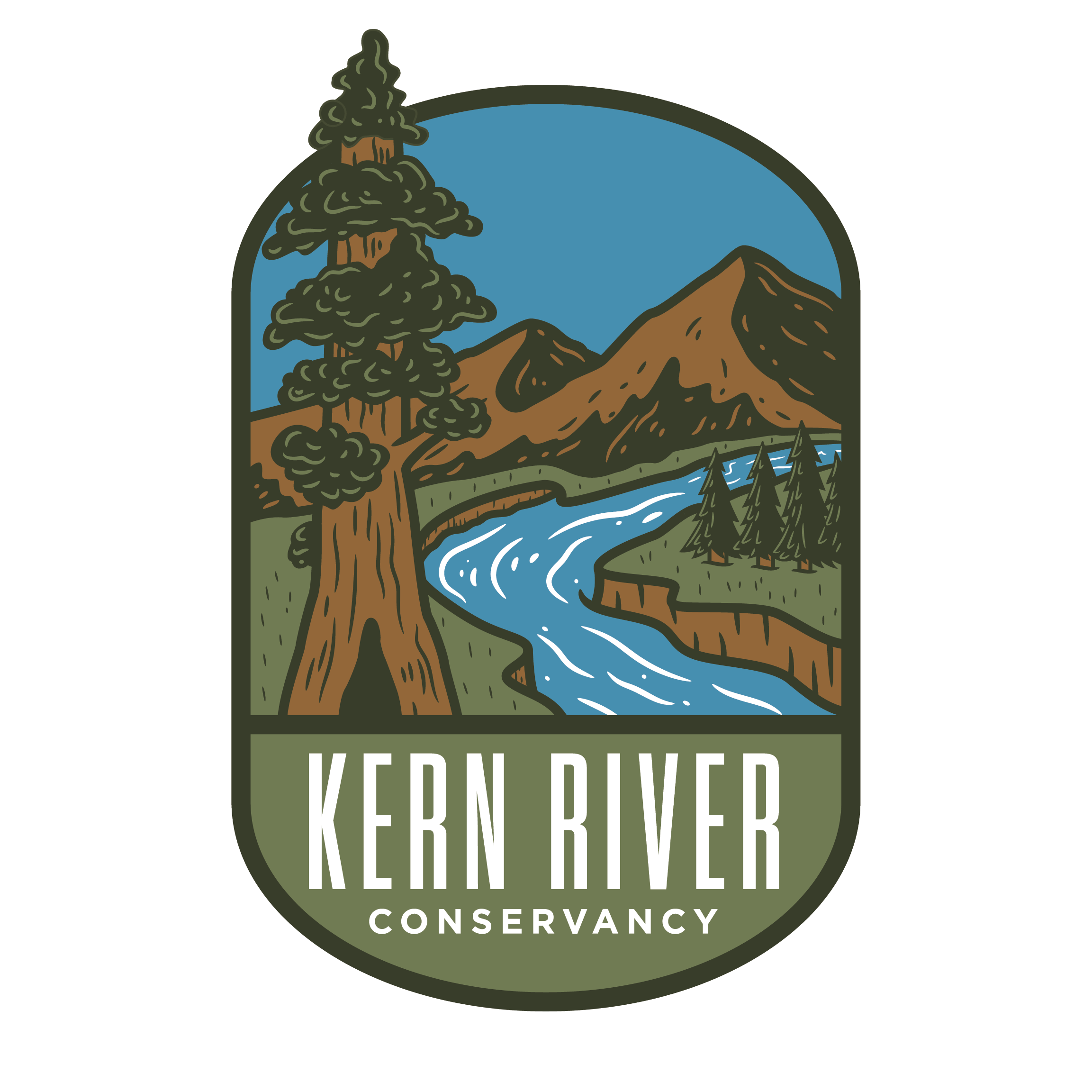eco-tourism
What is Eco-Tourism?
The Nature Conservancy adopts the definition articulated by the World Conservation Union (IUCN): "Environmentally responsible travel to natural areas, in order to enjoy and appreciate nature (and accompanying cultural features, both past and present) that promote conservation, have a low visitor impact and provide for beneficially active socio-economic involvement of local peoples."
Most tourism in natural areas today is not ecotourism and is not, therefore, sustainable. Ecotourism is distinguished by its emphasis on conservation, education, traveler responsibility and active community participation. Specifically, ecotourism possesses the following characteristics:
Conscientious, low-impact visitor behavior
Sensitivity towards, and appreciation of, local cultures and biodiversity
Support for local conservation efforts
Sustainable benefits to local communities
Local participation in decision-making
Educational components for both the traveler and local communities
California by the numbers.
Outdoor recreation accounts for $52.1 Billion of California’s GDP.
California employs 589,000 of the 5.2 Million outdoor recreation jobs in the United States.
*Data source: Bureau of Economic Analysis.
Increased tourism to sensitive natural areas without appropriate planning and management can threaten the integrity of ecosystems and local cultures. The increase of visitors to ecologically sensitive areas can lead to significant environmental degradation. Likewise, local communities and indigenous cultures can be harmed in numerous ways by an influx of foreign visitors and wealth. Additionally, fluctuations in climate, currency exchange rates, and political and social conditions can make over-dependence upon tourism a risky business.
However, this same growth creates significant opportunities for both conservation and local communities. Ecotourism can provide much-needed revenues for the protection of national parks and other natural areas -- revenues that might not be available from other sources.
Additionally, ecotourism can provide a viable economic development alternative for local communities with few other income-generating options. Moreover, ecotourism can increase the level of education and activism among travelers, making them more enthusiastic and effective agents of conservation.
The New Rules of Leave No Trace
Leave No Trace isn't black or white, right or wrong. It's a framework for making good decisions about enjoying the outdoors responsibly, regardless of how one chooses to do so. If outdoor enthusiasts stop and think about the potential impacts and associated consequences of a particular action, it can go a long way towards ensuring protection of our shared outdoor spaces. To that end, we encourage outdoor enthusiasts to stop and think about their actions and the potential consequences of posting pictures, GPS data, detailed maps, etc. to social media. Furthermore, we urge people to think about both the protection and sustainability of the resource and the visitors who come after them.
When posting to social media, consider the following:
Tag thoughtfully – avoid tagging (or geotagging) specific locations. Instead, tag a general location such as a state or region, if any at all. While tagging can seem innocent, it can also lead to significant impacts to particular places.
Be mindful of what your images portray – give some thought to what your images may encourage others to do. Images that demonstrate good Leave No Trace practices and stewardship are always in style.
Give back to places you love – invest your own sweat equity into the outdoor spaces and places you care about. Learn about volunteer stewardship opportunities and get involved in the protection of our shared lands.
Encourage and inspire Leave No Trace in social media posts – given the millions of social media users in the world, think of the incredible potential that social media has to educate outdoor enthusiasts – first timers to seasoned adventurers – about enjoying our wild lands responsibly.
As we have contemplated this issue we’re left wondering what the future will bring in terms of technology, communication, and outdoor recreation. Will posting pictures to social media be a thing of the past in five years? None of us know. Social media, if used the right way, is a powerful tool that can motivate a nation of outdoor advocates to enthusiastically and collectively take care of the places we share and cherish.
PRINCIPLES OF ECO-TOURISM
Ecotourism is about uniting conservation, communities, and sustainable travel. This means that those who implement, participate in and market ecotourism activities should adopt the following ecotourism principles:
Minimize physical, social, behavioral, and psychological impacts.
Build environmental and cultural awareness and respect.
Provide positive experiences for both visitors and hosts.
Provide direct financial benefits for conservation.
Generate financial benefits for both local people and private industry.
Deliver memorable interpretative experiences to visitors that help raise sensitivity to host countries' political, environmental, and social climates.
Design, construct and operate low-impact facilities.
Recognize the rights and spiritual beliefs of the Indigenous People in your community and work in partnership with them to create empowerment.



